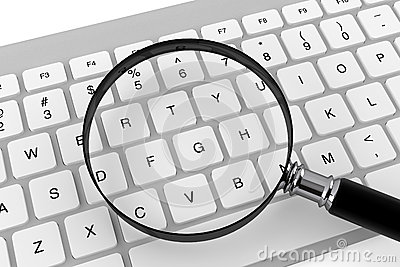
Writing to Discover What We Know
 The title of this post is borrowed from the famous quote by Flannery O’Connor, “I write to discover what I know.”
The title of this post is borrowed from the famous quote by Flannery O’Connor, “I write to discover what I know.”
It is one of the truly mysterious pieces of the writing process that through it I come to know my own mind better. Each successive rewrite seems to take me deeper, closer to the reality of what is happening between my characters, and within my story. It is almost as if the story exists independently of me and I am only trying to get good at listening, so that I can hear what is really happening and transcribe it.
A couple of weeks ago, there was a quote on the back of our Agile Writers Meeting Agenda by Albert Einstein that reads “If you can’t explain it simply, you don’t understand it well enough.”
I am constantly bumping up against my own limited understanding. My need for a more precise, but unknown, word for something. The changing landscape of my characters, my shifting skill level in writing them, the limits of my memory of the whole tapestry of my novel. The amount of time I have to dedicate to writing, the quality of that time. All the messages I have received about writing, the creeping doubts that many of them engender.
Each of these is a limitation. I operate within these limitations to craft a story which is concerned with truth—capitol ‘T’ Truth. Because only a Truth bigger than myself could resonate with someone else. Each pass of the cursor hopefully renders me one step closer to conveying what it is I truly mean to say. (Of course, as with everything, my ability to dig deeper ebbs and flows.)
I stretch these horizons in a number of ways. For one, I have the eyes of my Agile Writers critique partners, whose steady gaze and constant feedback keeps me from becoming permanently lost in a wilderness of my own making. Another is the support of my reading—both that which is directly related to the craft of writing, and to the themes my novel embodies, and that which more broadly inspires me or simply introduces me to new vocabulary, expressions and sensibilities.
Most incomprehensibly, the act of writing itself seems to stretch my own abilities and understandings. I arrange my fingers on the keys and worlds of intuition open within me, knowledge and images and words I hadn’t known were in my possession, emerge to take their proper places on the page.
It seems that, like all true relationships, the one between writer and novel changes both of them through the ongoing process of relating. Maybe the best we can hope for our writing is that it will not only connect us to others, but connect us to ourselves as well.